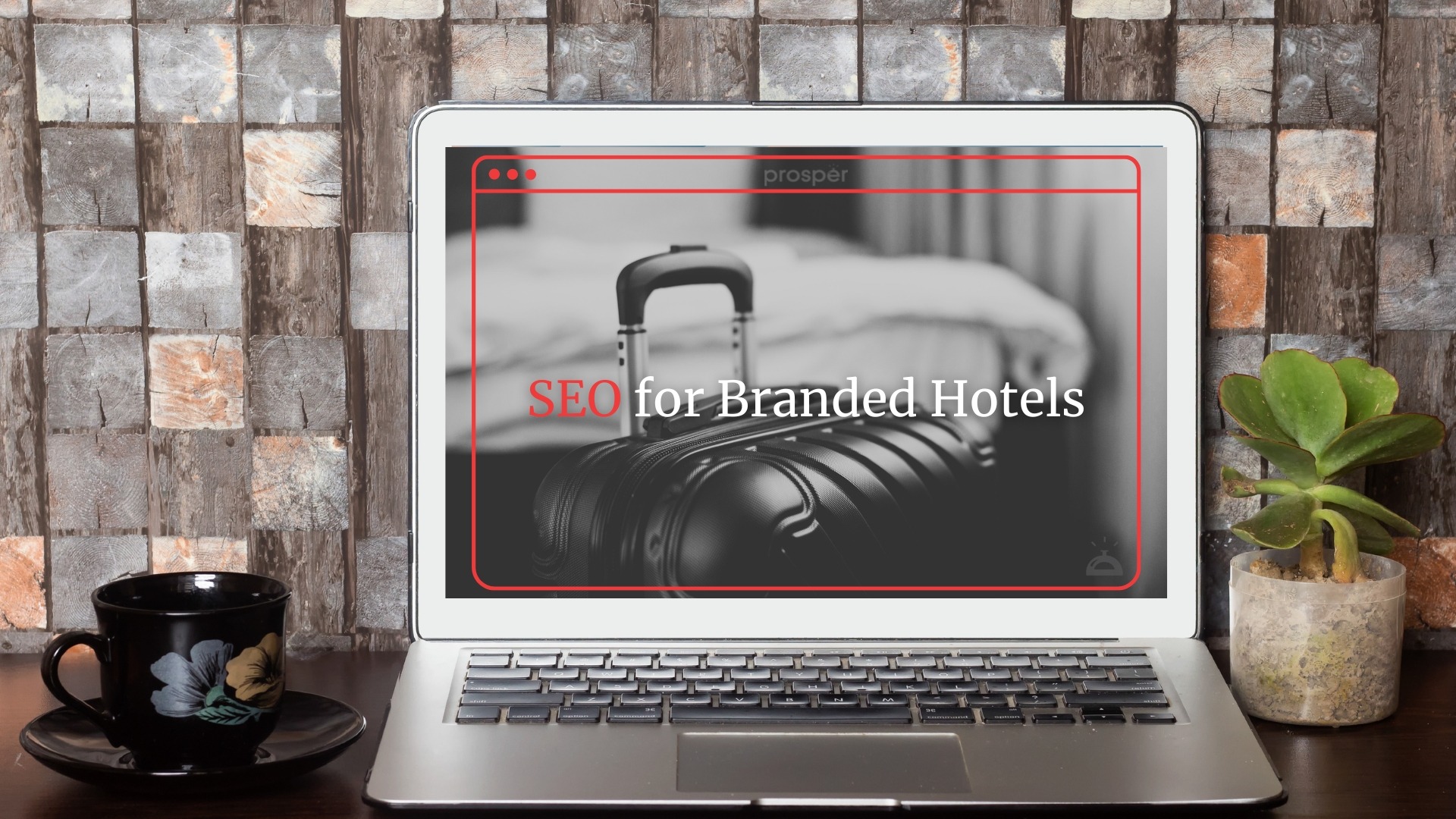Managing SEO for branded hotel websites comes with unique challenges. Unlike independent properties, Hilton, Marriott, and other major hotel chains maintain strict control over website structure, formatting, and technical architecture. This often means you’re working within a tightly defined template — with limited flexibility and just a few areas open for customization. But that doesn’t mean you can’t improve your search performance.
Here’s how to make the most of your SEO opportunities when operating under the constraints of a brand-controlled site.
Work Within the Framework: Maximize Editable Areas
Most branded hotel websites only allow edits in specific sections — usually limited to a few content fields, a brief property description, and meta tags. In some cases (like Wyndham), you may only get a single page to optimize.
Use every character you’re allowed. If you are given a 500-character limit for the property description, don’t settle for 200. Fill the space with useful, keyword-rich content that speaks to both users and search engines. Focus on local search intent: include terms like “hotel near downtown [City],” “extended stay hotel in [Neighborhood],” or “hotels close to [Local Landmark].”
Optimize Meta Titles and Descriptions
Meta tags may be one of the few true SEO levers you have access to — so make them count.
- Meta Title: Prioritize the property name, location, and one high-volume search phrase (e.g., “Residence Inn Orlando | Extended Stay Hotel Near Disney World”).
- Meta Description: Use this space to reinforce location and amenities, while appealing to user intent. Include relevant keywords without keyword stuffing.
Regularly revisit these fields to ensure they reflect current guest behavior and seasonal demand. For example, shift focus toward proximity to theme parks or convention centers during peak travel or event seasons.
Build Local Backlinks
Backlinks continue to be a critical ranking factor — especially for competitive local search results. While you can’t control much on the brand site itself, you can influence your hotel’s authority by generating inbound links from credible local sources.
Here are high-impact backlink opportunities:
- Convention & Visitors Bureaus (CVBs): Ensure your hotel is listed on the local tourism board’s website with a link to your direct booking page.
- Universities and Hospitals: These institutions often publish lodging guides for visiting families and professionals.
- Event Venues and Sports Complexes: Get listed as a preferred hotel partner on venue websites for weddings, tournaments, and conferences.
- Local Bloggers & Influencers: Partner with local content creators who can link back to your property in travel guides or area reviews.
Don’t Overlook Your Google Business Profile
While you may be limited on your website, your Google Business Profile is entirely in your control — and it’s one of the most important tools in your local SEO toolbox.
To maximize impact:
- Keep Amenities Up to Date: Ensure your pool, gym, breakfast, pet policy, parking, EV chargers, and other features are accurately listed.
- Upload High-Quality Photos: Showcase the property’s rooms, lobby, exterior, and amenities with fresh, professional photography.
- Respond to Reviews: Engage with guest feedback to improve reputation signals and increase click-through rates.
Final Thoughts
Branded hotels may not have full control over their websites, but that doesn’t mean SEO is out of reach. By fully utilizing editable areas, maintaining accurate metadata, building strong local backlinks, and optimizing your Google Business presence, you can improve visibility and drive more direct bookings — even within the constraints of a brands.
Need help optimizing your branded hotel SEO? Prosper Hotels specializes in performance marketing strategies for branded hotel properties nationwide. Contact us to learn how we can help your hotel prosper.


 Drive More Hotel Revenue
Through Untapped Strategies
Drive More Hotel Revenue
Through Untapped Strategies
